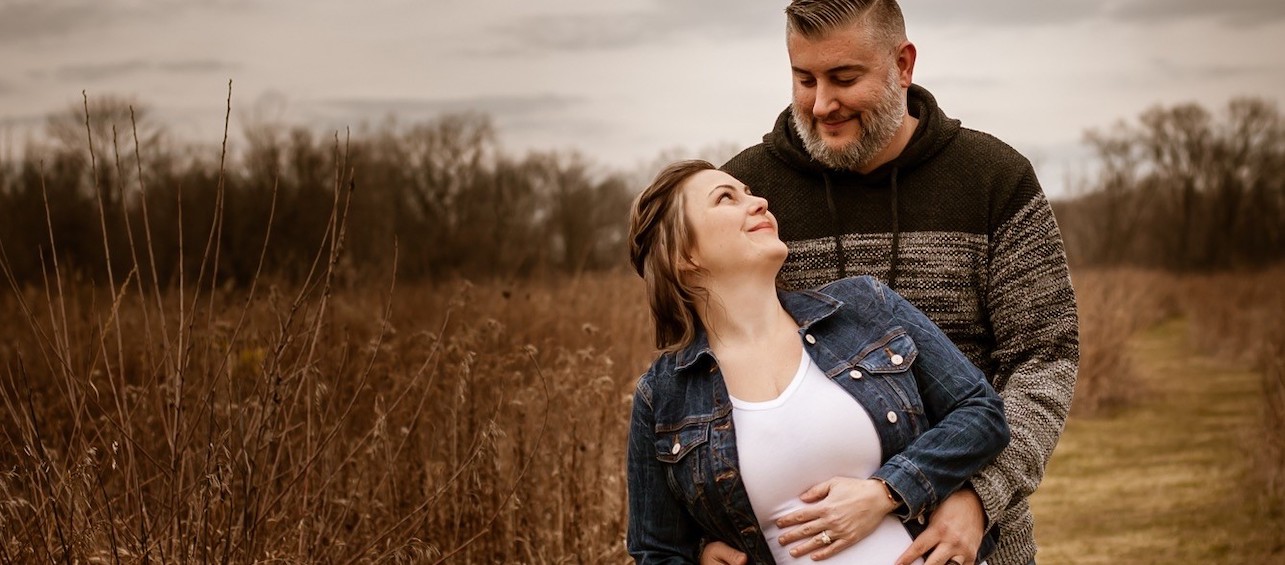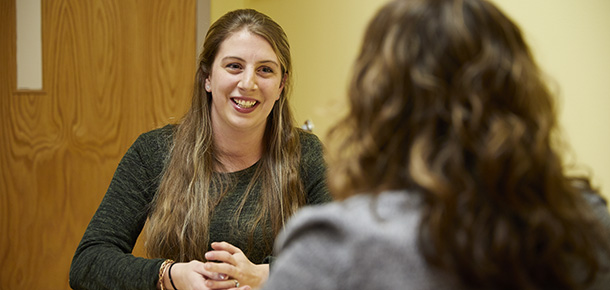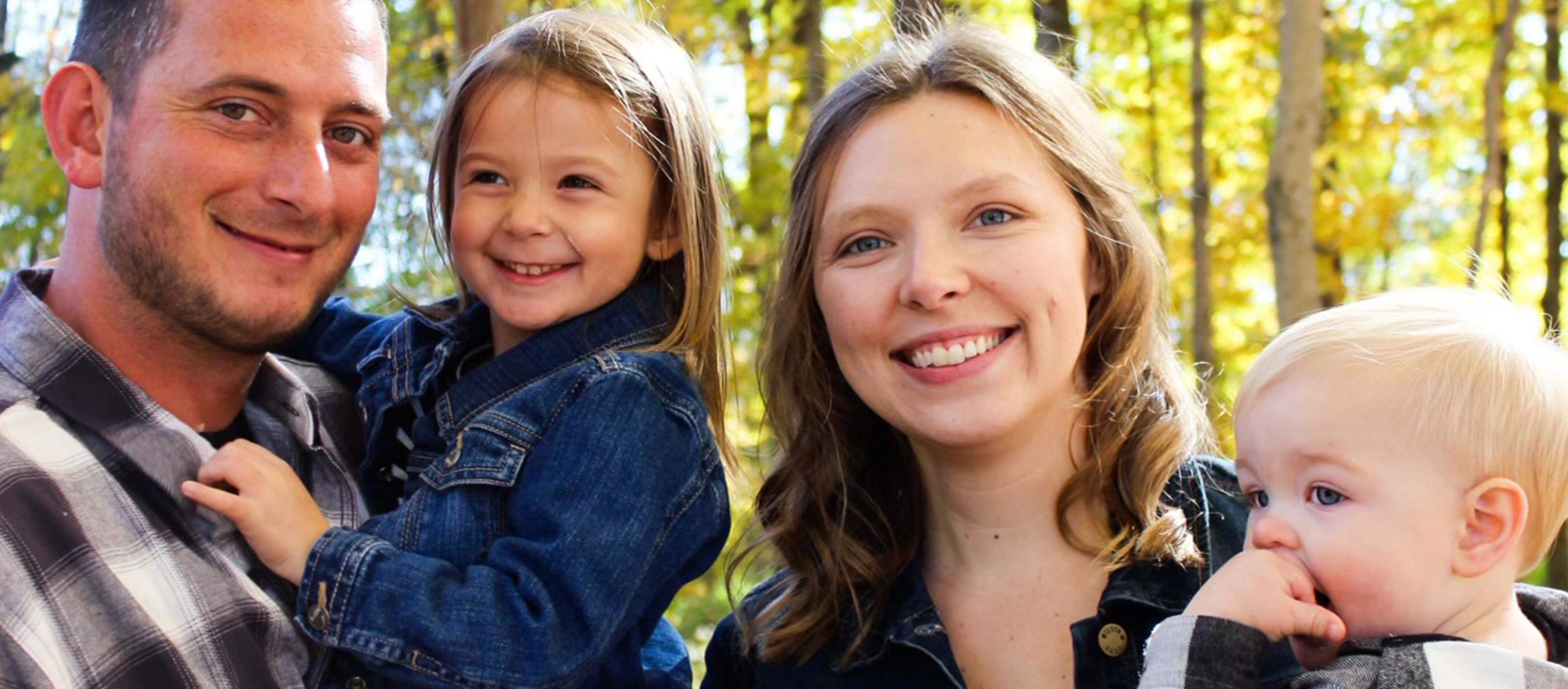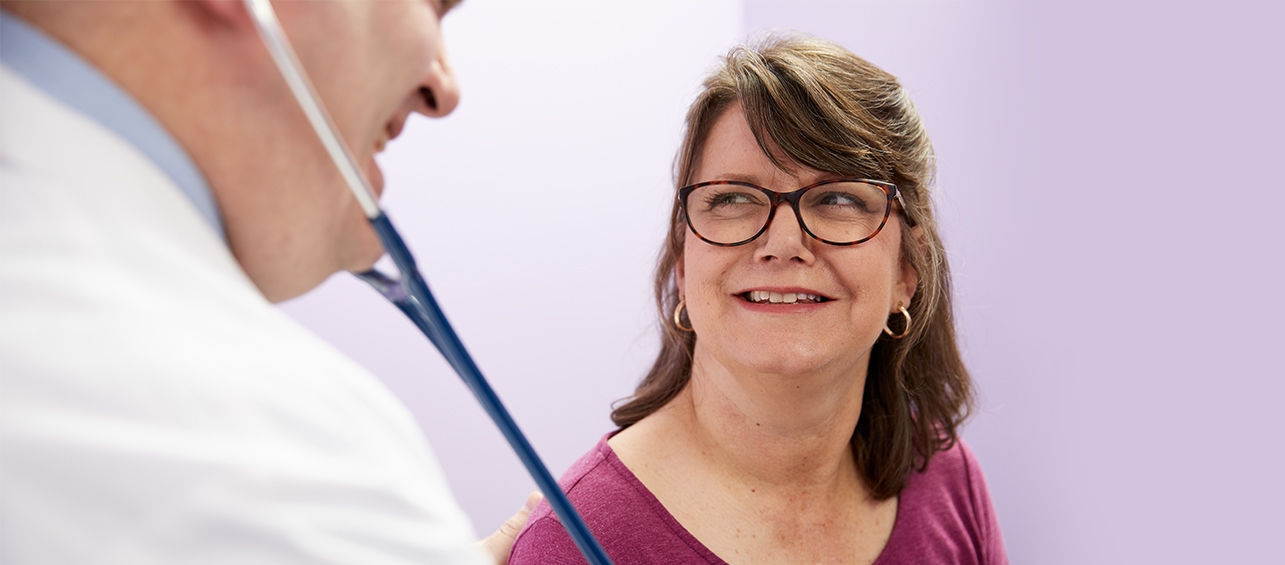As a child living with a congenital heart defect (CHD), I knew that I was different. I went to the doctor a lot more often than my friends did. I had scars all over my chest and back. My parents were constantly asking me how my “chest felt” and if my heart “felt funny.”
I knew that I had been born with something called tetralogy of Fallot and that it meant that I had four heart problems including valve issues and holes, but nothing more specific. But, as a kid, none of that mattered to me.
GROWING UP WITH CONGENITAL HEART DISEASE
My parents made sure I went to all my required cardiology appointments as I was growing up. But I was a stubborn child, and the more my mom and dad worried about me being too active through the day or getting injured in gym or falling down on the playground, the harder I would push myself. I played volleyball, softball and soccer. I joined the gymnastics team and decided I wanted to learn tap and ballet.
When I turned 16, I scoffed at their suggestion that I could apply for a handicap placard for my car. I ignored the warning signs as I got on roller coasters that mentioned any kind of heart condition as being a reason not to ride. I knew that I had been born with a heart problem, but I also knew that I wasn’t going to let that impact my life.
While following my doctor’s recommendations, I continued this attitude of living in spite of my CHD throughout my teen and adult years. I received a full ride to college and graduated with my bachelor’s in Organizational Leadership. I got married at the age of 21 which some saw as too young, but when you’re very aware of the value of each day, you tend not to put things off longer than needed.
PARENTING WITH CONGENITAL HEART DISEASE
I got pregnant with my first son at the age of 23 and delivered him via C-section without any heart trauma to either of us. With a baby at home, I went back to school and earned my MBA while working full-time. I then had two more sons via C-section, both of whom were born healthy without heart conditions. I went back to my job six weeks after each delivery and have been with the same company for 11 years — since the day I graduated college (literally, the same day!).
THE IMPORTANCE OF ANNUAL VISITS
Even though I didn’t let congenital disease hold me back, I didn’t completely forget about those patched holes that had developed leaks through the years. Every year I return to the Cincinnati Children’s Adult Congenital Heart Disease (ACHD) Program, an ACHA ACHD Accredited Comprehensive Care Center, for a follow-up visit with my ACHD cardiologist. The buildings are different and now I go to the “adult side” of the congenital heart disease clinic, but the importance of these annual visits has remained the same.
Raising three boys and working full-time requires me to plan for the future and function at 100% all of the time. I feel comforted knowing that if my heart were to develop more complications, they would be caught in advance by my doctors, rather than taking me by surprise.
THRIVING WITH CHD
In the future, I plan to be more involved in the ACHD community. As a parent myself, I can’t imagine the pain and stress that a parent feels when their child is diagnosed with congenital heart disease. While I’m sure they try to stay positive, I know it was difficult for my parents as well as for myself growing up to do so. I want to show the families and the patients that there is hope, that you can grow up to not just survive your heart defect but to thrive along with it.
Having lived with congenital heart disease my whole life, I would suggest to anyone in a similar situation to find a doctor who knows your condition and who will support who you are as a person too.
Editor’s Note, March 2021: Since first sharing her story with us, Holly has had a successful valve replacement at Cincinnati Children’s. She has also remarried, and has added another two boys to her family. She’s now the proud mom of five sons all born healthy without heart conditions, plus bonus mom to two children from her second marriage. Throughout all of these changes, she has continued to be followed closely through our Adult Congenital Heart Disease Program.
Read Next: Regular check-ins with an adult congenital cardiologist are important in managing your health when you have a heart defect. Find out if you or a loved one should be seeing an adult congenital heart specialist.






